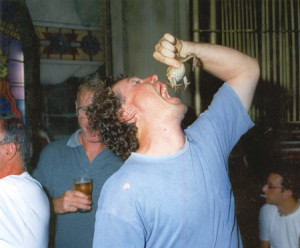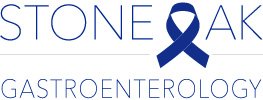Problems Swallowing

Do you encounter problems swallowing. Does it feel like it gets stuck? You may have esophageal one a many conditions related to this problem. The symptoms are sometimes painful or cause you to spit up to try to remedy the blockage. This could also lead to reflux or other more sever issues. The best course of action will be to visit with us to determine exactly what is going on and we’ll suggest a course of action to help you.
Causes of Esophageal Blockage
There are several causes of blockage or stricture of the esophagus. They all can make swallowing food and/or fluids difficult. The physician’s first job is to find the reason for the stricture or narrowing. The answer can usually be provided by the medical history,
physical exam, x-rays, and endoscopy which is a visual exam of the esophagus using a flexible fiberoptic tube.
Acid Peptic Stricture – This condition is very common. The stomach produces acid which, in turn, can reflux into the esophagus. This event is usually made worse by the presence of a hiatus hernia. Over time, the acid and peptic stomach juices injure the esophagus, causing inflammation and then scarring. The fibrous scar then contracts and narrows the esophageal opening.
Schatzki’s Ring – This condition is really exactly that, a narrow ring of benign fibrous tissue constricting the lower esophagus. Physicians still do not know how it develops.
Achalasia – This condition is uncommon and quite fascinating to physicians. The problem is a persistent and marked spasm of the lower esophageal muscle. This spasm just does not open up to allow food and fluid through. The result is a persistent blockage
with subsequent slow trickling of the esophageal contents into the stomach.
Ingestion of Caustic Agents – Children are particularly prone to swallowing liquid lye and other agents which can severely burn the esophagus, leaving it narrowed.
Tumors – Various forms of tumors, benign and malignant, can block the esophagus. This condition is obviously very important to diagnose and treat promptly.
Heredity– The esophagus may be partially or completely blocked at birth.
Methods of Esophageal Dilatation
In most instances, the problem is a mechanical one with an obstruction acting like a dam across a stream. Therefore, the treatment must be mechanical. The dam must be broken. After a diagnosis is made, the physician determines the best method of treatment. The physician has a variety of techniques available. Each has benefits and is appropriate in specific cases. The physician will always discuss these options with the patient.

